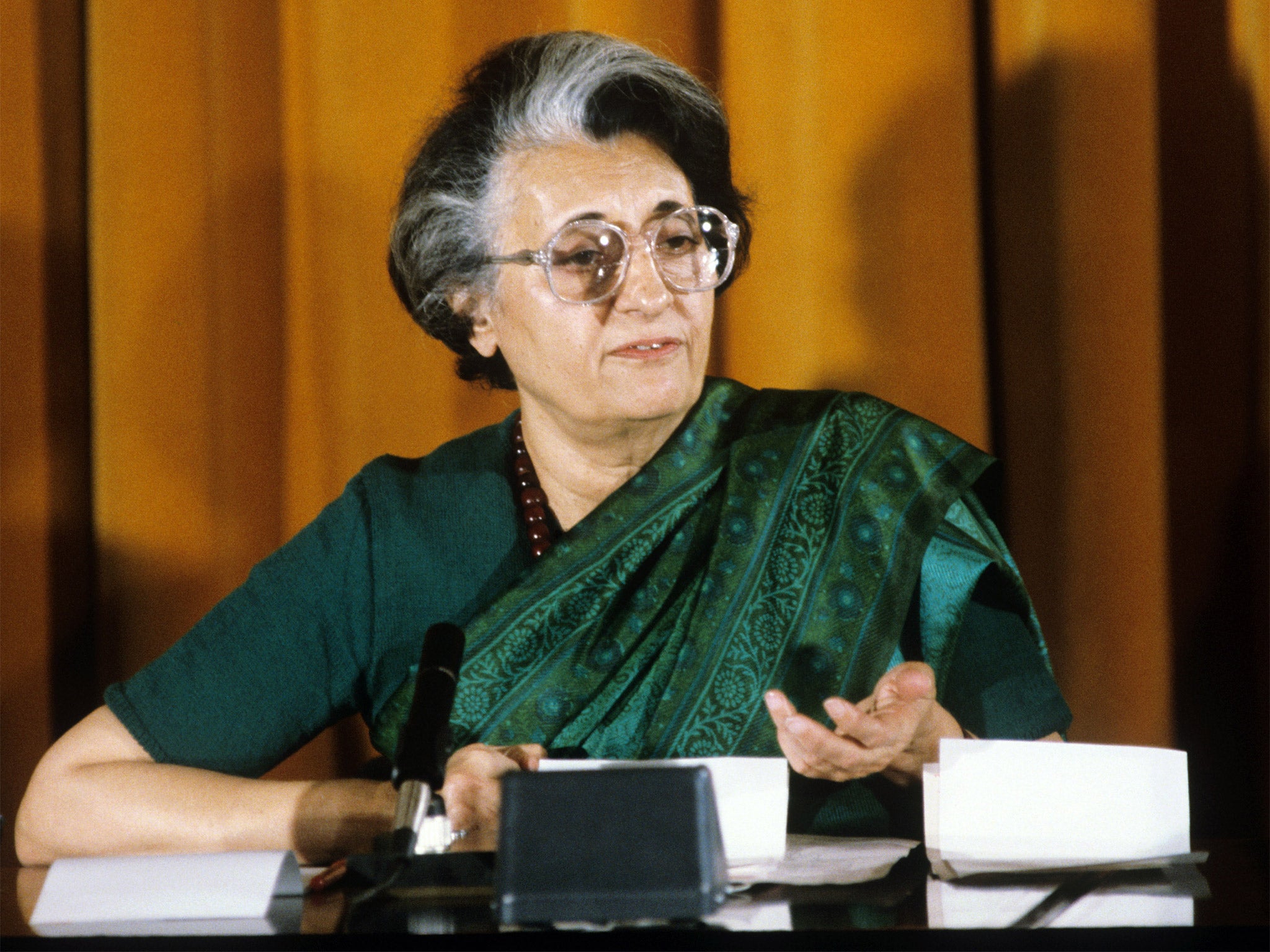Margaret Thatcher wanted to prosecute UK-based Sikh nationalist who incited assassination of Indian prime minister Indira Gandhi
Diplomats had warned that Britain’s relations with India were in danger of melting down over the presence on UK soil of Jagjit Singh Chauhan

Your support helps us to tell the story
From reproductive rights to climate change to Big Tech, The Independent is on the ground when the story is developing. Whether it's investigating the financials of Elon Musk's pro-Trump PAC or producing our latest documentary, 'The A Word', which shines a light on the American women fighting for reproductive rights, we know how important it is to parse out the facts from the messaging.
At such a critical moment in US history, we need reporters on the ground. Your donation allows us to keep sending journalists to speak to both sides of the story.
The Independent is trusted by Americans across the entire political spectrum. And unlike many other quality news outlets, we choose not to lock Americans out of our reporting and analysis with paywalls. We believe quality journalism should be available to everyone, paid for by those who can afford it.
Your support makes all the difference.Prosecutors were pressed by Margaret Thatcher to bring charges against a British-based Sikh nationalist accused of inciting the assassination of Indian prime minister Indira Gandhi, according to secret government papers.
Diplomats had warned that Britain’s relations with India were in danger of melting down over the presence on UK soil of Jagjit Singh Chauhan, a militant who predicted before Mrs Gandhi’s death at the hands of her Sikh bodyguard in 1984 that she and her family would be “beheaded”.
Documents released at the National Archives in Kew, west London, reveal how Mrs Thatcher became exasperated after police and prosecutors insisted there were no grounds for prosecuting Mr Chauhan despite his trenchant rhetoric against India’s most illustrious political dynasty.
The former Conservative prime minister said she could not understand why Mr Chauhan, who was the founder of a movement campaigning for an independent Sikh state and moved to Britain in 1971, had managed to avoid being charged with inciting violence.
The death of Mrs Gandhi in October 1984, some four months after Mr Chauhan had predicted her death in a BBC Newsnight interview, provoked a furious reaction in Delhi, particularly among the inner circle of her son and successor as Indian prime minister, Rajiv Gandhi.
Sir Robert Wade-Gery, the British High Commissioner in India, cabled London to warn that Mr Gandhi faced a high risk of being assassinated himself and such a fate would have grim consequences for the UK’s interests in the Sub-Continent.
The diplomat wrote: “If this happens while we are still tolerating Chauhan, the effect on all our interests here could catastrophic. Lives and property could be lost as well as contracts and influence.”
With Mr Chauhan continuing to insist Mrs Gandhi had deserved to die, Mrs Thatcher asked to review the Home Office file on the activist. Her private secretary Charles Powell wrote: “She does not see how Chauhan can evade the charge of inciting to violence simply by saying he is not doing so... The Prime Minister is of the view that the Law Officers might with advantage study the papers once more.”
No prosecution followed but Mr Chauhan received an official warning that his utterances should remain within the bounds of the law.